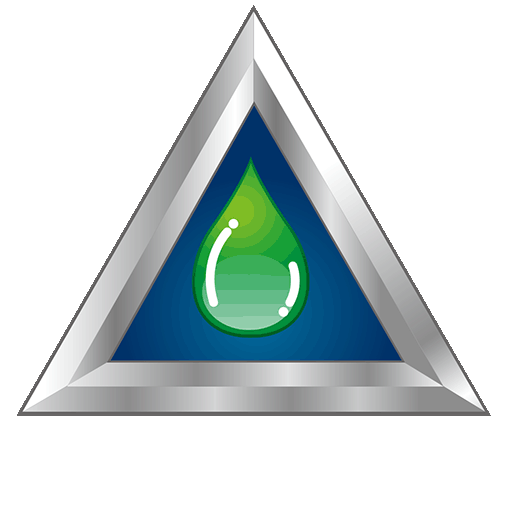There is no direct relationship between drinking city water and the development of kidney stones. However, certain minerals and contaminants in city water, such as calcium and oxalate, can increase the risk of kidney stones in some people. Additionally, drinking water that is not properly treated or contaminated with bacteria can lead to kidney infections, which can cause kidney damage and increase the risk of kidney stones. To reduce the risk of developing kidney stones, it is important to drink plenty of water and other fluids to help flush out any potential stone-forming substances in the urine. You should also talk to your doctor about your risk factors for kidney stones and whether you need to make any changes to your diet or lifestyle to reduce your risk.
why calcium and oxalate can increase the risk of kidney stones?
Calcium and oxalate are both substances that are commonly found in the urine. In some people, these substances can build up and form crystals, which can then clump together to form kidney stones. This can happen when there is too much calcium or oxalate in the urine, or when the urine is too concentrated and not enough fluid is present to dilute these substances. When this happens, the crystals can attach to the walls of the kidneys or urinary tract and form kidney stones. Drinking plenty of water and other fluids can help to dilate the urinary tract and flush out any potential stone-forming substances, reducing the risk of kidney stones.
why bacteria can lead to kidney infections
Kidney infections, also known as pyelonephritis, occur when bacteria enter the urinary tract and make their way into the kidneys. This can happen when bacteria from the intestines or skin come into contact with the urethra, the tube that carries urine out of the body. Kidney infections can also occur when bacteria in the bladder spread to the kidneys. In some cases, bacteria can enter the urinary tract through the bloodstream, spreading from other parts of the body. Drinking water that is contaminated with bacteria can increase the risk of developing a kidney infection. When bacteria enter the urinary tract, they can multiply and cause inflammation and damage to the kidneys, leading to infection. Kidney infections can be very serious and can lead to kidney damage if left untreated.
why it is important to drink plenty of water to help flush out any potential stone-forming substances in the urine
Drinking plenty of water and other fluids can help to dilute the urine and flush out any potential stone-forming substances, such as calcium and oxalate. When the urine is too concentrated, these substances can build up and form crystals, which can then clump together to form kidney stones. By drinking enough fluids, you can help to prevent the formation of these crystals and reduce your risk of developing kidney stones. It is generally recommended to drink at least 8-12 cups of water per day to help keep the urine diluted and prevent kidney stones from forming. Additionally, avoiding dehydration can also help to keep the urinary tract healthy and functioning properly, reducing the risk of kidney infections and other problems.
did mineral water have calcium and oxalate
Some types of mineral water may contain calcium and oxalate. Calcium is a mineral that is commonly found in natural spring water and is added to many bottled waters for its health benefits. It is an essential nutrient that is necessary for strong bones and teeth, and it can also help to regulate blood pressure and support nerve and muscle function. Oxalate is a naturally-occurring substance that is found in many foods, including fruits, vegetables, nuts, and grains. It is also produced by the body and is a normal component of urine. In high concentrations, oxalate can contribute to the formation of kidney stones, so it is important to monitor your intake of foods and beverages that contain oxalate. Some mineral waters may also contain other minerals and trace elements that can affect the risk of developing kidney stones. It is always a good idea to read the label of any bottled water you are considering drinking to find out more about its mineral content.
did pure water have calcium and oxalate
Pure water, also known as distilled water, does not contain calcium or oxalate. Distilled water is water that has been purified by removing impurities, such as minerals and other dissolved solids, through a process called distillation. During distillation, water is heated until it turns into steam, and the steam is then collected and condensed back into a liquid. The resulting water is free of impurities, including calcium and oxalate, making it suitable for many uses, such as drinking, cooking, and irrigation. It is important to note, however, that pure water does not contain any minerals, which can be important for maintaining good health. Some people may choose to add minerals back to distilled water for taste or health reasons.
how to industrial produce pure water
To industrial produce pure water, you can use a process called reverse osmosis water treatment machine . This involves forcing water through a semi-permeable membrane, which removes impurities and produces pure water. The water can then be further treated, if necessary, to remove any remaining impurities or to adjust the pH level. Other methods of industrial water purification include distillation and deionization.
did pure water bad for health
Drinking pure water is generally not bad for your health. In fact, pure water can help to keep your body hydrated and functioning properly. However, it is important to note that pure water does not contain any minerals, which can be important for maintaining good health. The human body needs a certain amount of minerals, such as calcium and magnesium, to function properly, and these minerals are typically obtained through the foods we eat and the water we drink. When you drink pure water, you are not getting any of these essential minerals, which can potentially lead to health problems if you do not get enough of them from other sources. Additionally, pure water can leach minerals out of the body if it is consumed in large amounts over a long period of time. This can lead to mineral deficiencies and potentially cause health problems. It is generally recommended to drink water that contains some minerals to help support good health.

